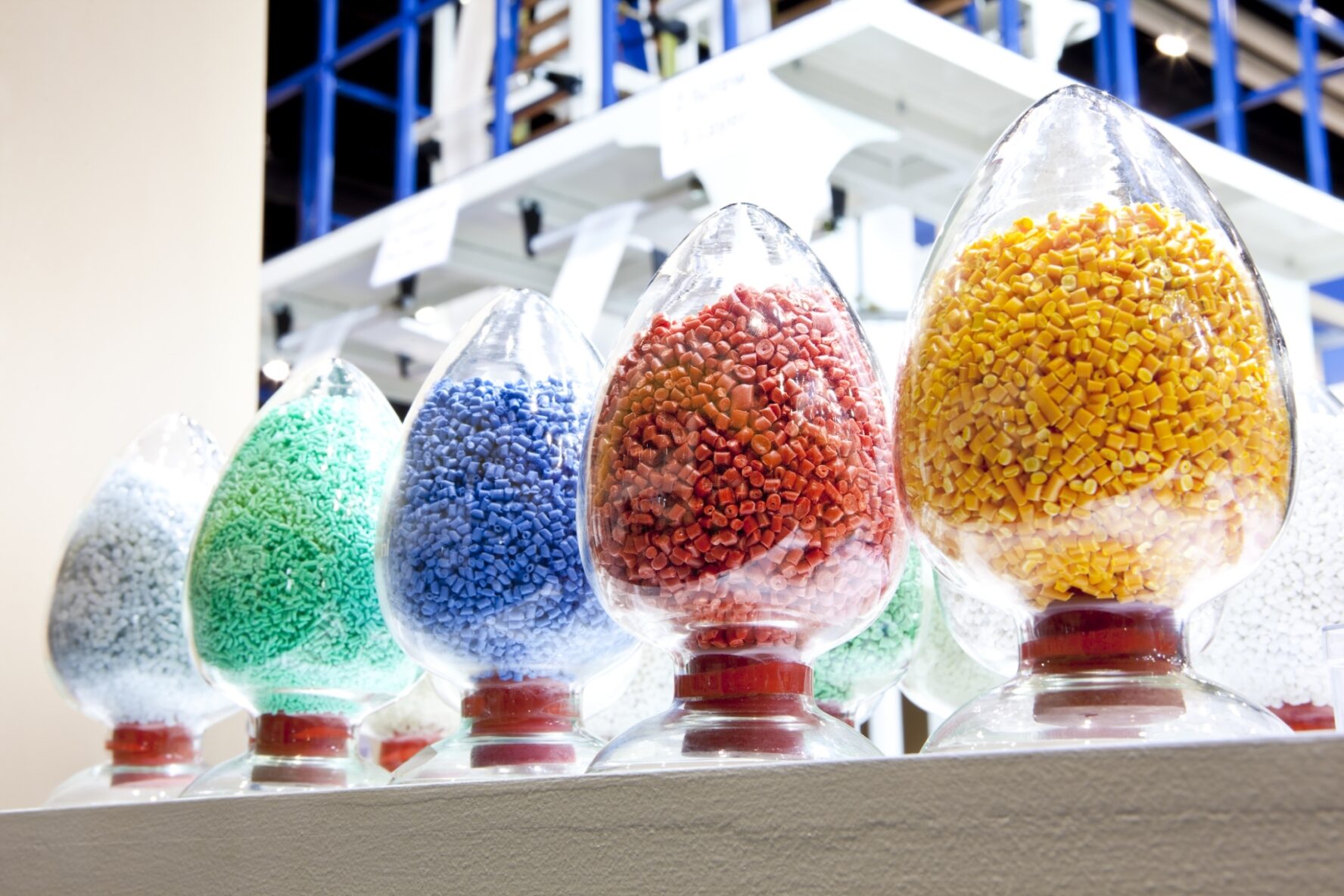Petrochemical Business
IRPC is a producer of upstream petrochemical products, namely olefins and aromatics. These upstream products are feedstocks for IRPC’s downstream petrochemical plants: 931 KTA of polyolefins (HDPE and PP, UHMW-PE) and 383 KTA of styrenics (ABS, SAN, PS,and EPS).
These downstream products are sold to producers of finished plastic products in Thailand and overseas under the brand POLIMAXX. Focusing on the growth of its petrochemical business, IRPC endeavors to stay abreast of global environmental and technological changes through researching and developing new products that will increase its competitiveness. Recent innovations include paralene from natural ingredients, recycled compound resin, and acetylene black for Li- ion batteries (Pim-L and Pim-AL).
Furthermore, through the Eco Solution project, IRPC has pioneered a closed loop production for the plastics industry in which one plant’s waste is efficiently used as another’s feedstock. The model ensures that no waste would get out of the loop and become a burden to society
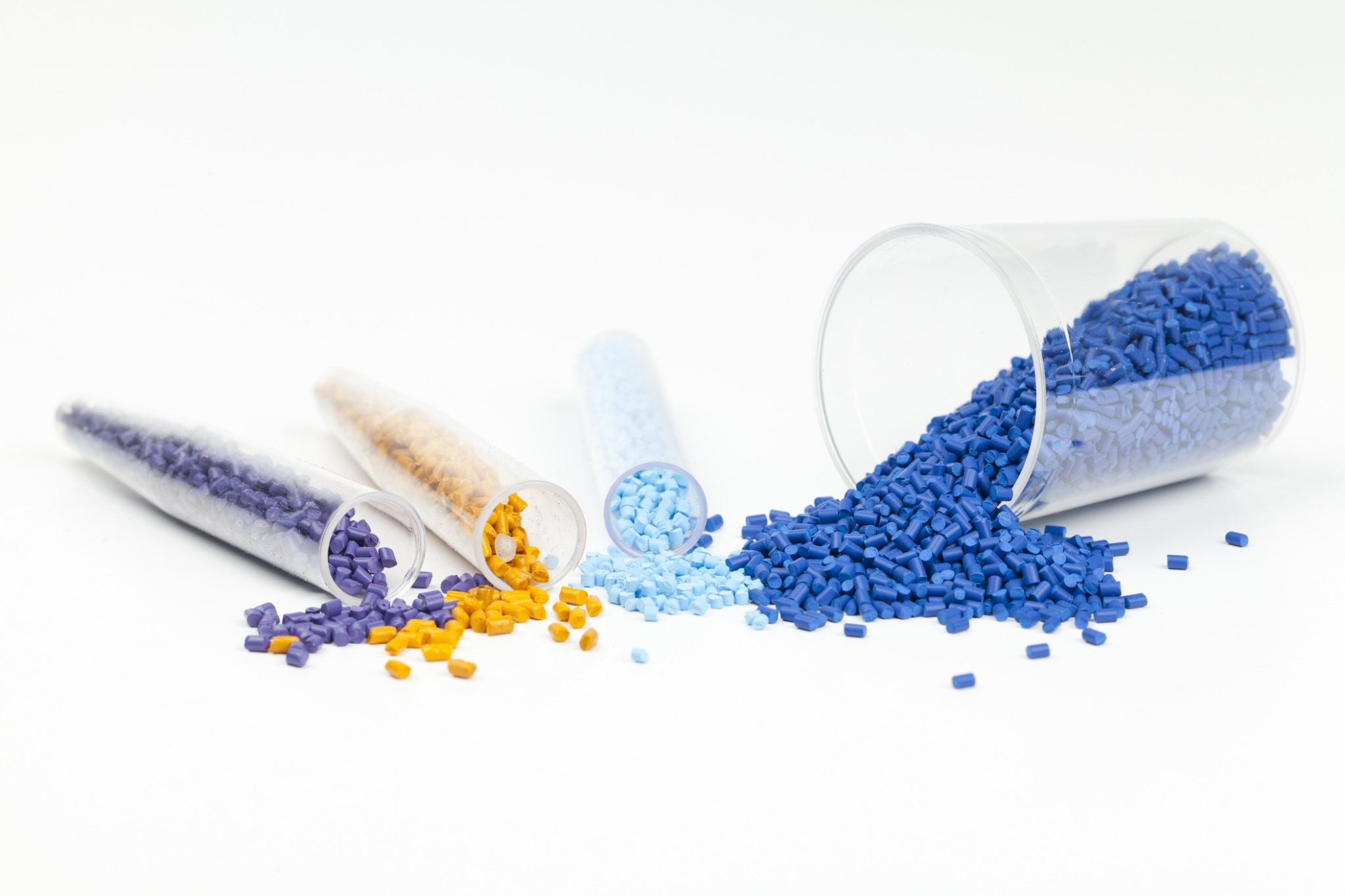
Olefins
Olefin products-namely ethylene, propylene, and butadiene are feedstocks for the production of various polymers, namely polyethylene (PE) and polypropylene (PP). IRPC produces 433 KTA of ethylene, 732 KTA of propylene, and 56 KTA of butadiene. Most of these olefins serve as feedstocks for the various manufacturing plants in the IRPC Group.
Furthermore, the olefins plant yields acetylene black as a by-product. This powder-like pure black substance has high electrical conductivity and is thus commonly used in the production of standard batteries and even lithium-ion batteries for electronics and electric vehicles. It is also an electrically conductive additive for polymers and rubber products. IRPC currently produces 4 KTA of acetylene black.
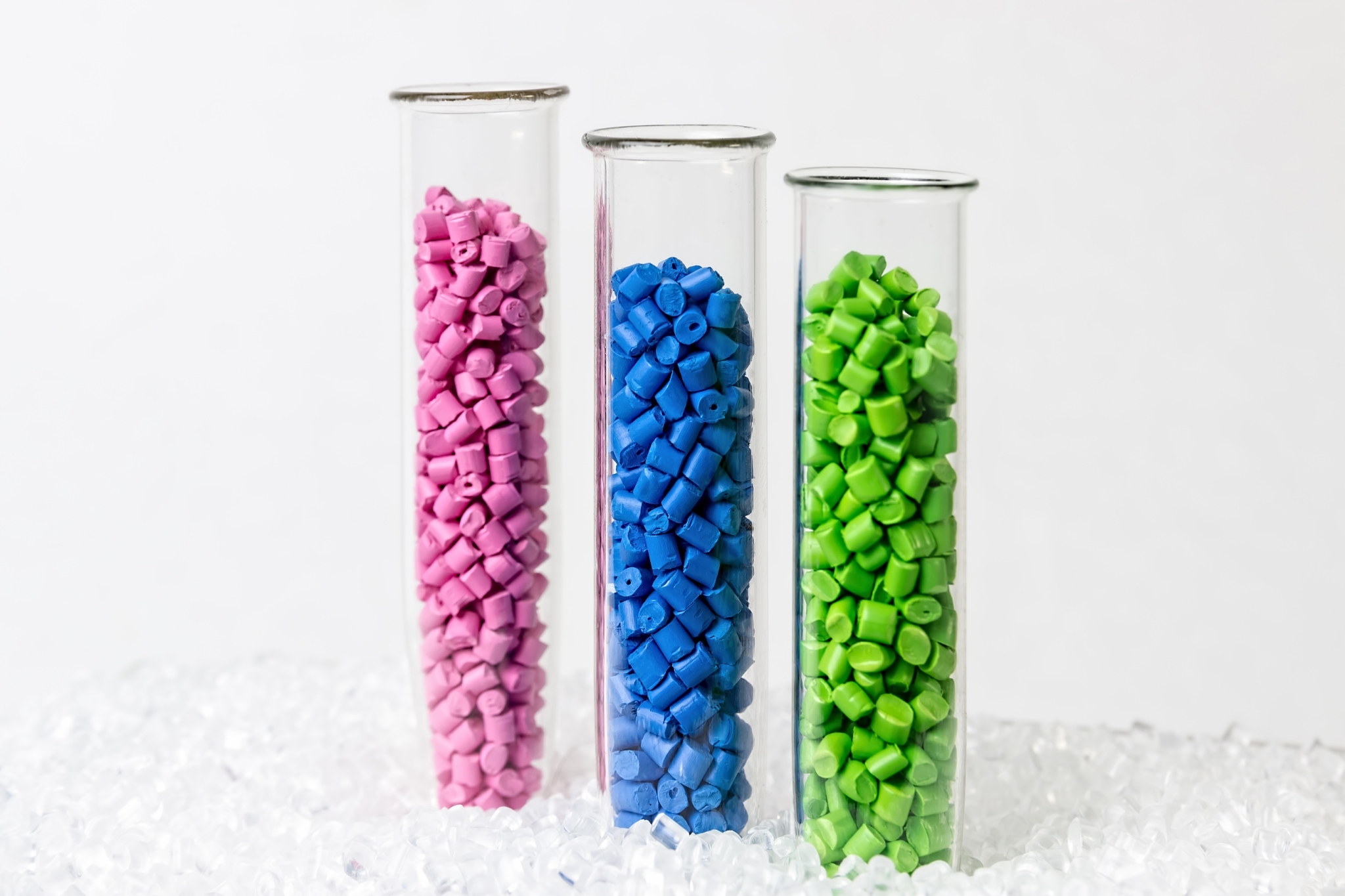
Aromatics
IRPC’s aromatic products consist of benzene, toluene, and mixylene, with a capacity of 114 KTA, 132 KTA, and 121 tons per year, respectively. They are used as feedstocks for manufacturing plants in IRPC’s subsidiaries and partially sold to other industries.
Polymers
IRPC and its subsidiaries produce polymer products under the brand POLIMAXX. As downstream petrochemical products, polymers are the feedstock for various plastic products. IRPC manufactures two groups of polymers. The polyolefins group comprises HDPE and PP, while the styrenics group includes ABS, PS, and EPS. Each polymer type possesses distinct properties and lends itself to different applications:
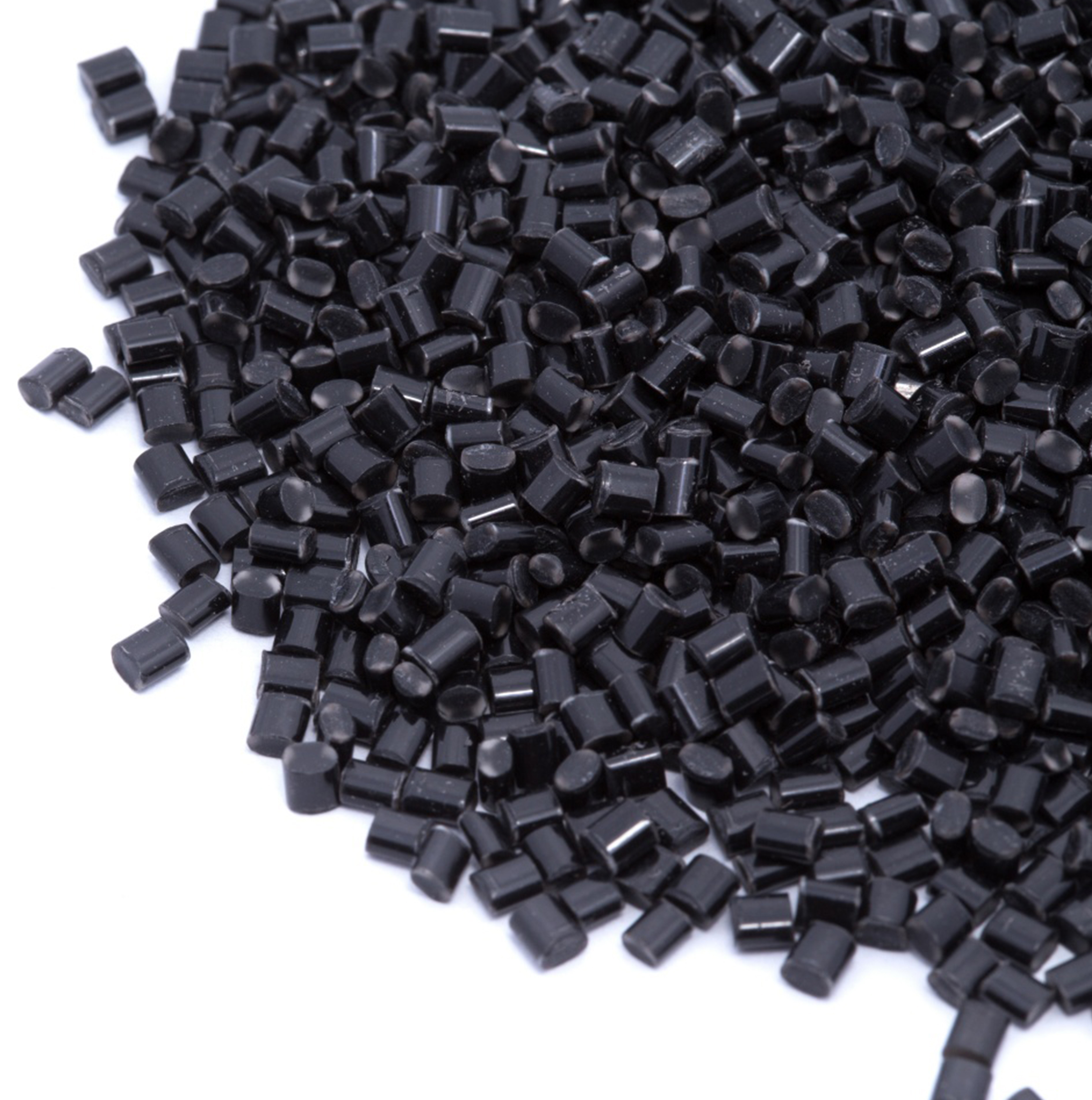
High Density Polyethylene (HDPE)
IRPC’s HDPE is a high-density polyethylene product with in-line compounding. It is suitable for pipe extrusion, especially water supply pipes, electrical conduits, and drainage pipes. Moreover, IRPC has developed a special grade of HDPE for the production of solar farm pontoons, which require exceptional weather resistance.
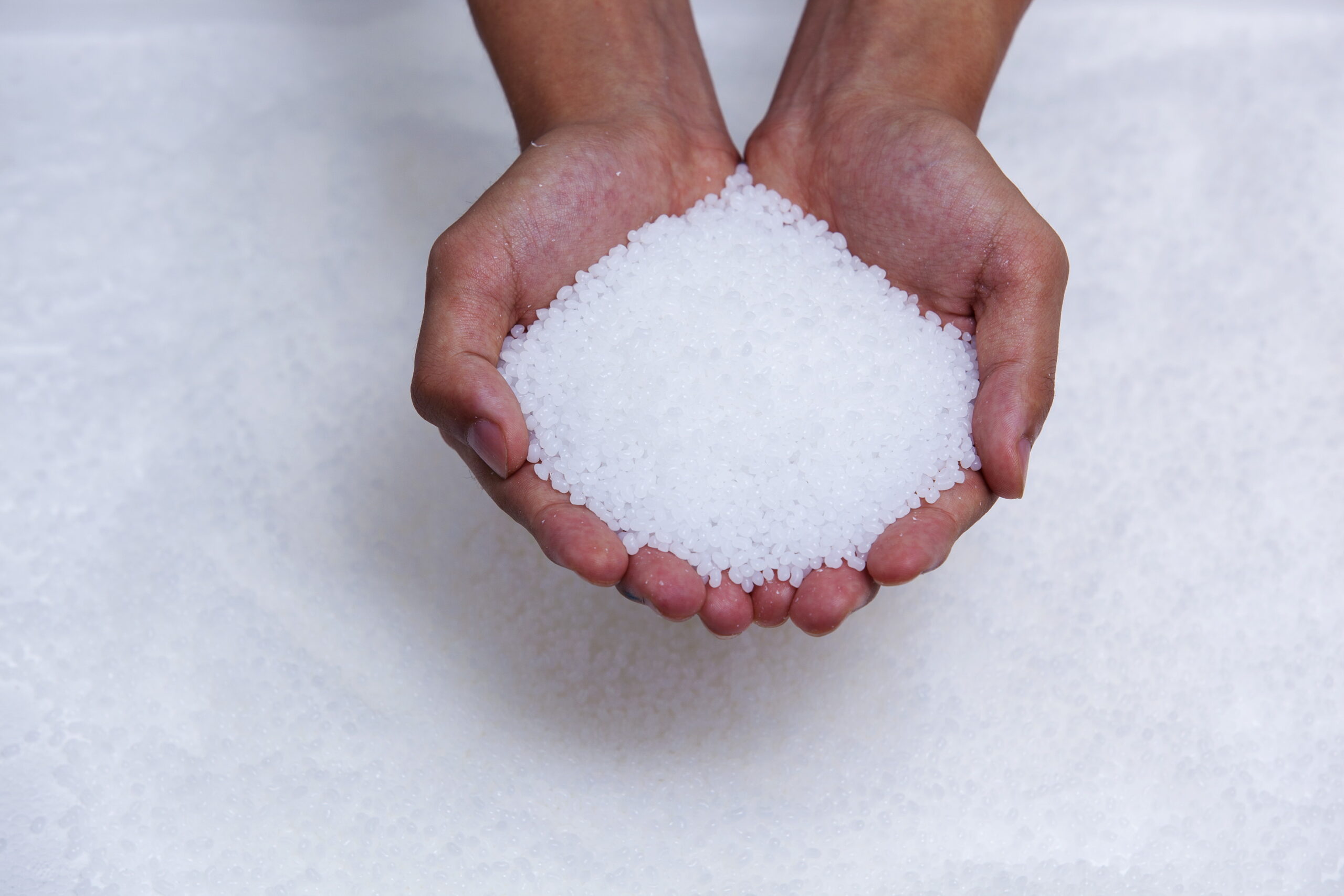
Polypropylene (PP)
PP is widely used in several industries, including packaging, electronic appliances, automotive parts, and medical-grade equipment and apparatuses. IRPC produces PP Homopolymer, impact-resistant PP Block Copolymer, and extratransparent PP Random Copolymer. It also manufactures PP Compounds, which allow additive and color customization according to the needs of each industrial client.
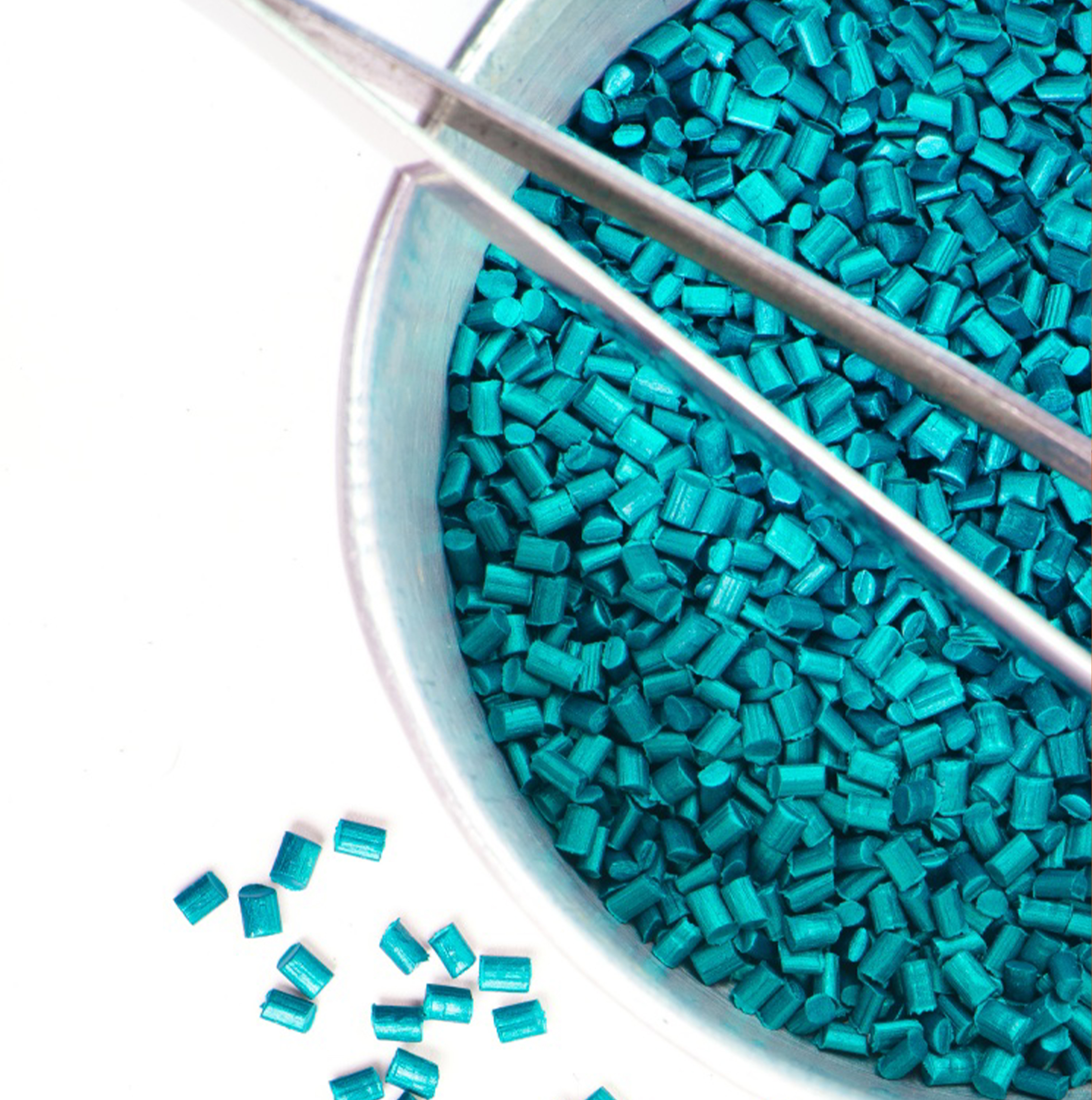
Acrylonitrile-Butadiene-Styrene (ABS)
IRPC produces many grades of ABS, each with its unique properties, such as high-impact and super high-impact resistance, high gloss, and high heat resistance. Compatible with injection molding and sheet extrusion, ABS is commonly made into products that require durability, finesse, and shine, such as
parts for electronic appliances, internal and external automotive parts, household appliances, sanitaryware,
and children’s toys. This is because ABS is strong, durable, and resistant to heat and high impact, exhibits good paint adhesion, and can withstand various chemicals and solvents, such as thinners. It also produces high gloss and can be made into many different vibrant colors or even plated with a metal.
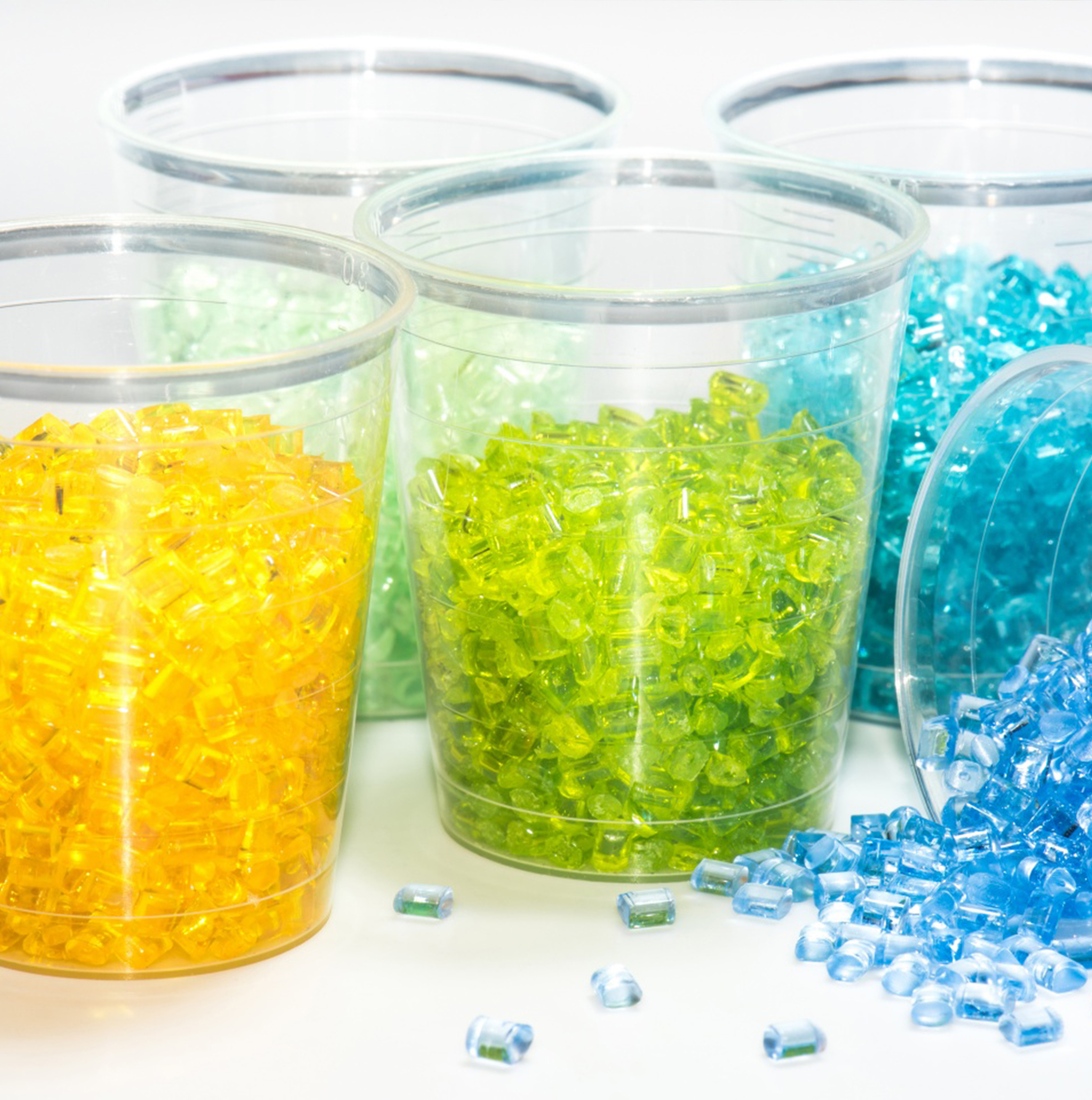
Acrylonitrile Styrene (SAN)
Transparent, hard, strong, and tough, SAN (or AS) has higher thermal and chemical resistance than PS. It is commonly used to manufacture lenses for headlights and taillights, some parts of turn-signal lenses,
household appliances such as sanitaryware, lighters and containers, as well as electrical appliances such
as fan blades and blenders. In addition to the properties previously mentioned, SAN also produces glossy surfaces, has high rigidity, and is particularly resistant to shear force.
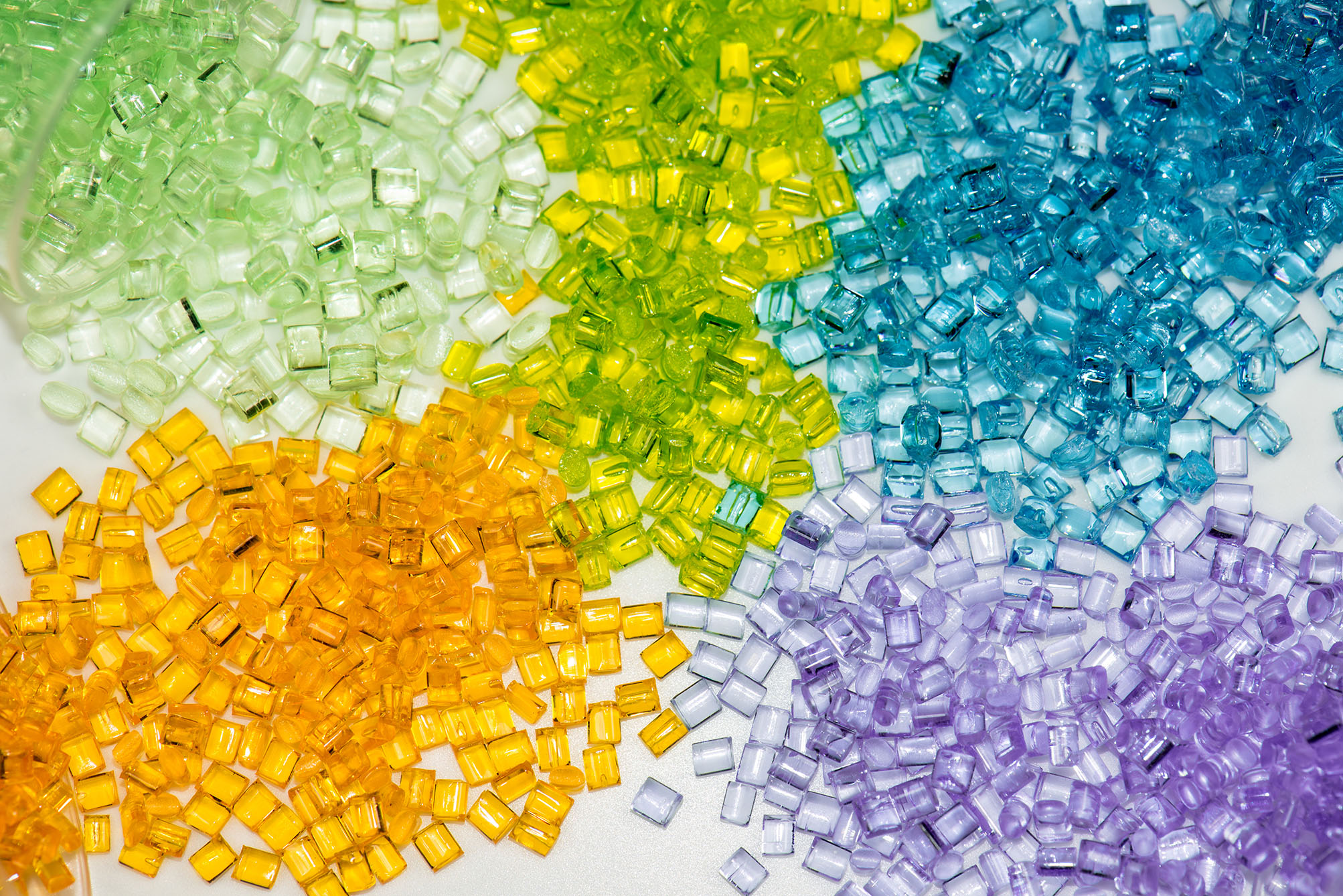
Polystyrene (PS)
IRPC produces two categories of PS based on its properties. General Purpose Polystyrene (GPPS) offers
transparency and hardness. It is easily molded but has low-impact strength and is thus commonly used to make products that require transparency and structural integrity, such as refrigerator shelves and other household appliances. High Impact Polystyrene, on the other hand, can withstand more impact than GPPS,
thanks to the addition of butadiene rubber. Both types of PS are compatible with injection molding and sheet extrusion.
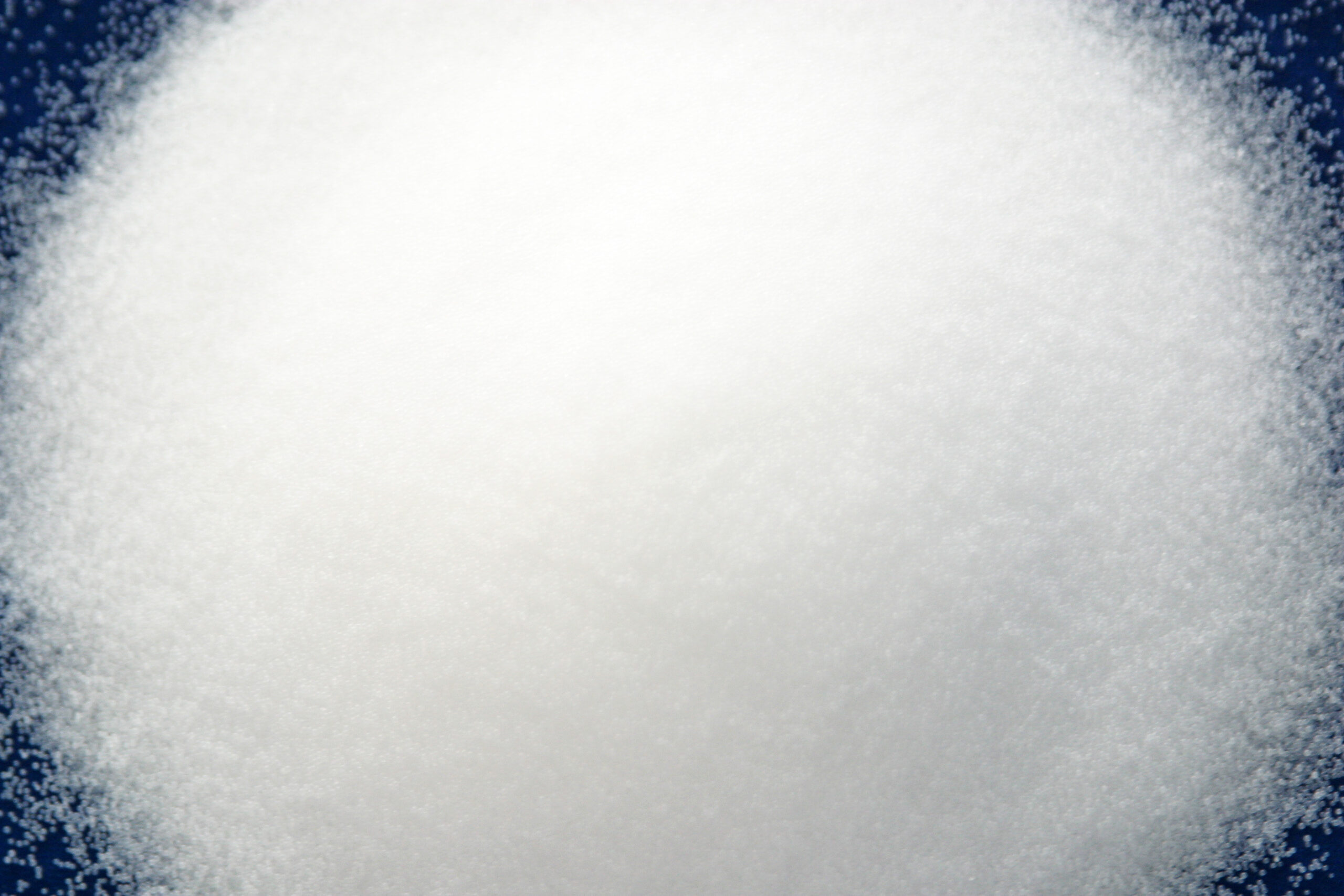
Expandable Polystyrene (EPS)
IRPC mainly uses styrene monomer as feedstock for its EPS, with pentane as the blowing agent. The Company uses no ozone-depleting CFCs. EPS has the following uses:
- Packaging, such as the shock absorbing material in electrical appliance packaging
- Blocks, such as insulation blocks in the fishing industry’s cold storage rooms and modern constructions to save energy consumption in cooling and reduce construction expenses. EPS Blocks can also be used in decorative works.



 Live Stream
Live Stream